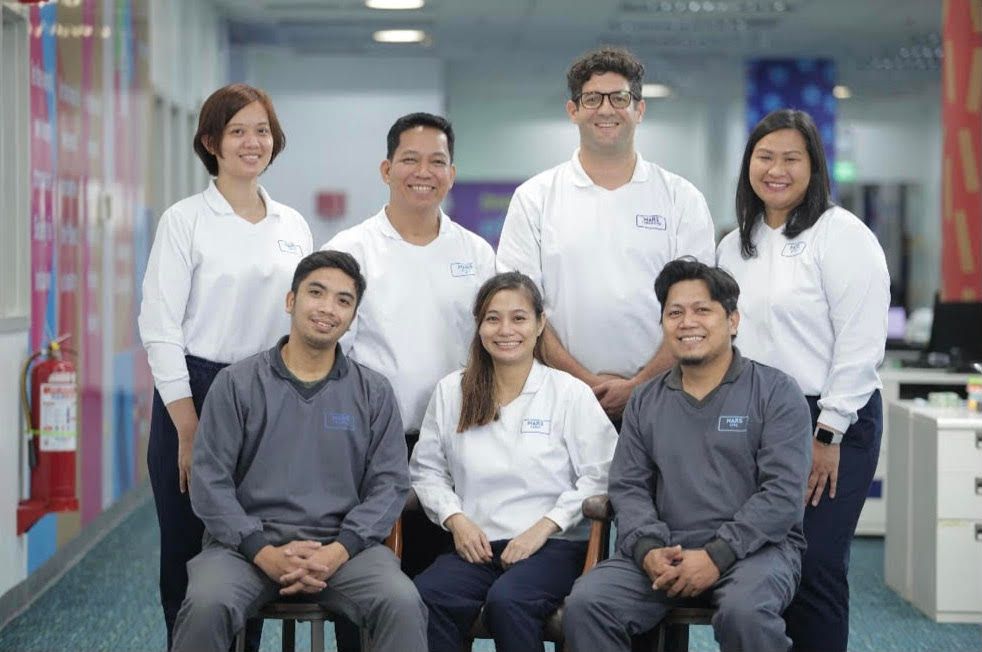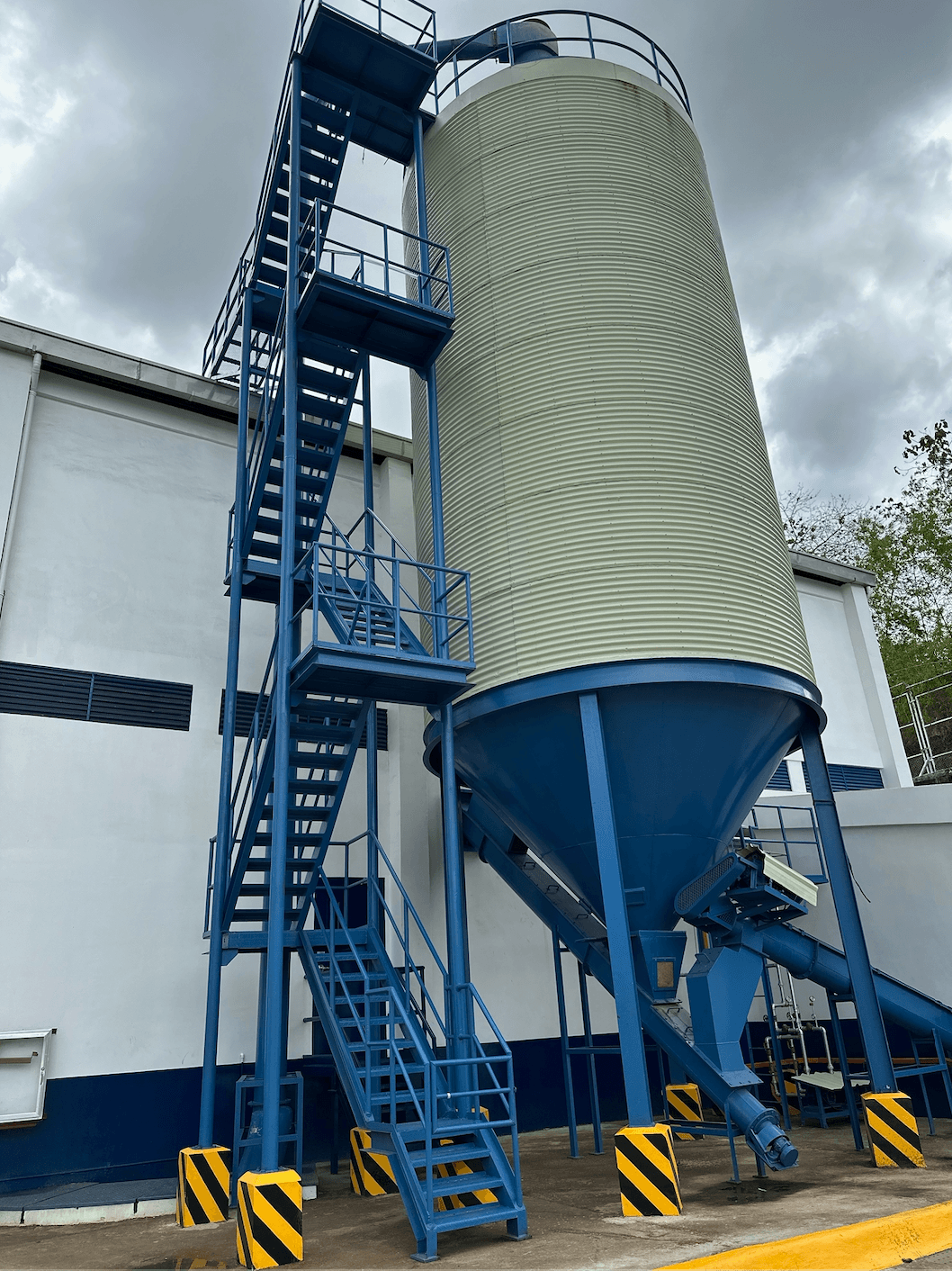The sweet taste of sustainability
At Mars Wrigley Antipolo, the mission is clear - to make sustainability part of the company's DNA
A visit to the Mars Wrigley plant in Antipolo promised a deep dive into the confectionary company’s commitment to sustainability. Now, if I mentioned a biomass boiler, most readers would wonder what it is and its connection to sustainability.
Fernando Del Castillo, the Antipolo factory director, was happy to be my guide for the day and explain the significance of the newly installed biomass boiler in their adherence to Mars, Incorporated's Five Principles in Action and the Mars Sustainable in a Generation Plan.

Inspiring moments of everyday happiness
Mars, Incorporated, an American multinational manufacturer of confectionery, pet food, and other food products, as well as animal care services, is behind brands such as M&M’s, Twix, Mars, Maltesers, Milky Way, Skittles, Pedigree, Royal Canin, Whiskas, Doublemint, Juicy Fruit, and Cool Air. Mars, Incorporated is reputed to be the fourth largest privately held company in the United States, with $45 billion in annual sales in 2022, and the company is still entirely owned by the Mars family.
The brands Doublemint, Juicy Fruit, and Cool Air are produced in the Antipolo Mars Wrigley factory. Factory Director Fernando Del Castillo is responsible for the overall direction of service, costs, productivity, quality, innovation, and employee engagement. This Philippine factory supplies eight markets—the Philippines, Vietnam, China, Malaysia, Thailand, Cambodia, Indonesia, and the Maldives—with nearly 90 percent of production exported.
Just by perusing the brands under the Mars umbrella, it’s easy to appreciate how the company is responsible for many moments of everyday happiness around the world. Notably, they’ve been in the Philippines since 1965, marking 60 years in 2025. The Antipolo factory, established in 1999, is now 25 years old.

Sustainable in a generation
As a purpose-driven company, Mars takes action by creating a vision for positively impacting the planet. This vision permeates throughout the company, guiding every business action through the Mars Sustainable in a Generation Plan. Launched in 2017, the plan focuses on four major interconnected areas: Healthy Planet, Thriving People, Nourishing Wellbeing, and Transforming Packaging. To track progress, Mars releases a Generation Plan scorecard annually, as it is committed to achieving net-zero GHG emissions by 2050.
In my conversation with Fernando, it was apparent how the factory aims to transform the way business is run in a concrete manner and make sustainability goals understandable to those who work in the factory, the community, and the consumers. It’s not just lofty ideals or lip service to some grand sustainability ideal; it’s about finding ways to make sustainability real and meaningful to individuals.
Within the company, everyone is encouraged to embrace sustainability and fully understand the intent and purpose behind business decisions. A good example is the biomass boiler, which cost more than $1 million to fabricate locally. The old boiler ran on diesel fuel, while the new one runs on rice husk and/or coconut shell, serving as a thermal renewable energy source that contributes to the plant’s progress toward net-zero emissions. Additionally, sourcing rice husk from nearby farmers creates a circular economy aspect.
Interacting with the community is essential to Fernando and the Mars Wrigley way of doing business. A nearby elementary school faced issues with fresh water, with students having to pay for water. Mars Wrigley installed water tanks on the school's rooftop, providing a solution. Fernando was pleased to mention that the students then adapted the idea of tanks and improvised on how the principle could work in their homes.

Recognizing the capital you possess
At Mars Wrigley, renewable energy is not just about conversion, but also about finding ways to use less of everything, thereby diminishing one’s carbon footprint. It’s about letting the staff generate ideas to achieve this and encouraging their involvement in the solution.
As Fernando explains, it’s about recognizing the human, natural, social, and financial capital one possesses and maximizing on all four types of capital all the time. If you don't optimize all four, any success you generate will be short-term. Fernando sincerely believes in this principle, and it guides him and Mars Wrigley in their interactions with the staff and the surrounding community. In fact, Fernando commented on how at Mars Wrigley, they’re all referred to as Associates, not employees.
Living and breathing sustainability
At Mars Wrigley Antipolo, the mission is clear: to make sustainability part of the company’s DNA, an organic component of its operations. During Fernando’s term as factory director, he has ensured that this approach is clear to the associates and the community. This approach is also followed globally. The fact that Mars Wrigley is privately held speaks volumes about the will of management and how integrating sustainability into the conglomerate’s fabric is a deliberate and purposeful design.